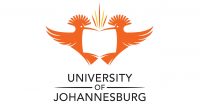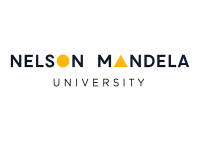Following on the success of new research centres in nanoscience and nanotechnology established by the Department of Science and Technology, the next major step was to introduce a dedicated postgraduate programme for training in nanoscience and nanotechnology. This programme also marks the introduction of a new system of collaboration between universities, where four South African universities are simultaneously presenting the same Masters degree.
From 2012, a Masters programme in nanoscience and nanotechnology has been offered in collaboration with the University of Johannesburg (UJ), Nelson Mandela Metropolitan University (NMMU), University of the Free State (UFS), and the University of the Western Cape (UWC).
Since the study of nanomaterials, nanoscience and nanotechnology exists at the overlap between biology, chemistry and physics, students from all these fields will register for the same degree – a new concept in advanced research in South Africa.
The programme comprises three aspects: Introductory courses in the wider aspects of nanoscience, courses in advanced nanoscience studies in the respective study fields, and a research thesis on a nano-study project.
The coursework component is completed at the University of the Western Cape, whereafter the students will continue their research projects at their home university campuses. There are two short modules to introduce them to nanoscience and nanotechnology, plus an introductory module in each of the two fields which differ from their own study field. Students then proceed to advanced modules in their own study field. Frequent movement between the different campuses is a feature of the programme.



